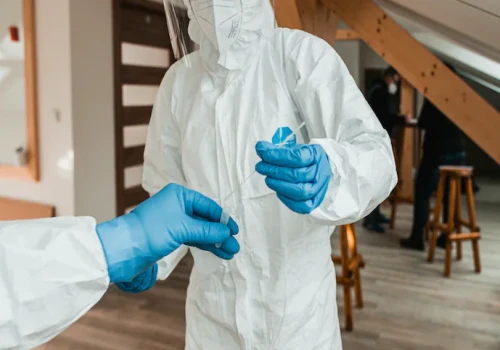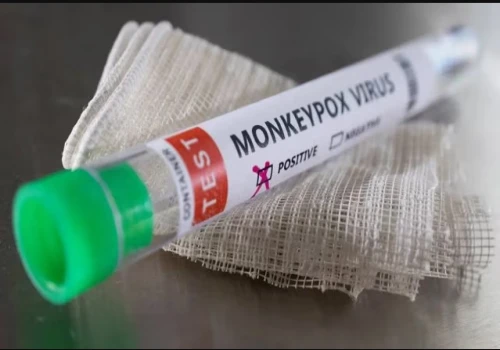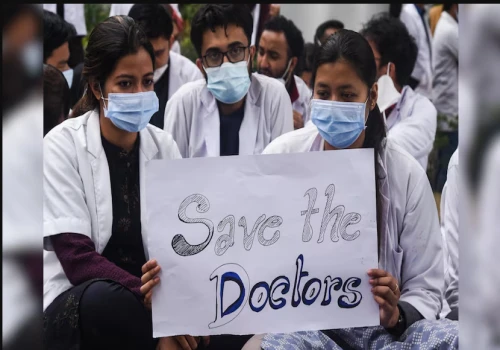_1000_x_700.webp)
Over four years after Covid-19 was declared a pandemic in March 2020, there's concern about a new health threat: Mpox, also known as Monkeypox. On August 14, the World Health Organization (WHO) declared Mpox a global emergency because it's spreading rapidly and causing serious illness.
Mpox has already killed over 500 people, mostly in the Democratic Republic of Congo. This country alone has reported more than 96% of the world’s Mpox cases this year. The virus has also spread to other African countries and reached places like Sweden and Pakistan.
Even though India hasn’t had any cases recently, the government is watching the situation closely. The country experienced a major crisis during the Covid-19 pandemic, so it's important to be prepared for any new outbreaks.
Is Mpox As Dangerous As Covid-19 Or Swine Flu?
Mpox causes flu-like symptoms and skin lesions. It is less contagious than Covid-19 and swine flu because it spreads through close physical contact, not through the air. Mpox comes in two types: Clade 1 and Clade 2. Clade 1, which is more severe, is responsible for the current outbreak. Clade 2 is milder and was behind a smaller outbreak in 2022.
Experts believe Mpox is less likely to cause a pandemic like Covid-19 because it needs close contact to spread, unlike airborne diseases. Also, visible symptoms make it easier to identify and isolate infected people.
India's first Mpox case was reported in Kerala in 2022 from a traveler. The virus spread locally, with 27 cases and one death recorded that year. Since March this year, no new cases have been reported in India.
How To Stay Safe?
In response to the WHO's warning, the Indian government and health organizations are acting. There are public health measures in place, including tracking travelers from affected regions and alerting health officials in major cities.
The need for vaccines is urgent. Some existing vaccines for smallpox and chickenpox might help protect against Mpox. New vaccines and testing kits are being developed. Meanwhile, simple practices like avoiding close contact with infected people, maintaining distance, and wearing masks can help prevent the spread.
Countries with strong healthcare systems already have vaccines and resources to manage Mpox, but less developed nations, especially in Africa, need more help to control the outbreak.










